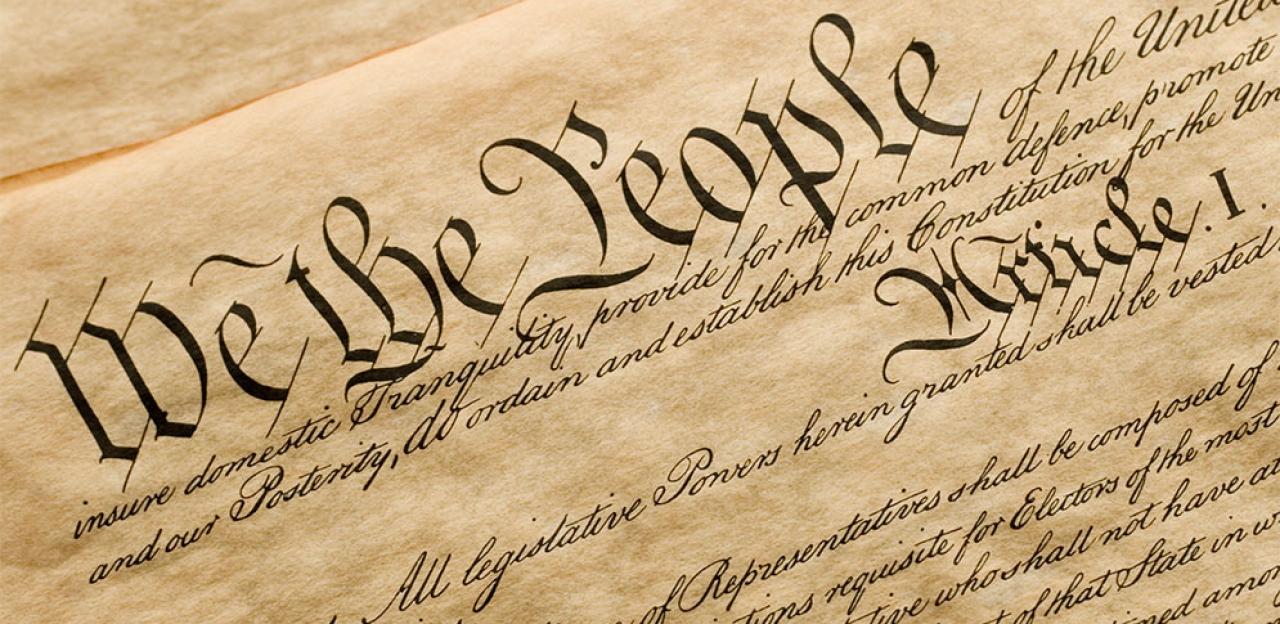
In the standard laws of our country, as well as the Constitution, there are many old processes and functions that were made to deal with issues of the times. Certain amendments and institutions like these are now obsolete, for example the electoral college, which was originally intended to maintain the balance of power between states back when the US was founded. Now, however, laws like these prove unnecessary and ultimately harmful to the integrity of American democracy, and it’s better for all of us if we choose to remove such bygone legislation.
As mentioned before, one example of outdated legislation is the electoral college. It was originally created to keep the balance of power between the northern and southern states by reflecting the voting power of a state by its total population. This practice, however, has proven to be both ineffective in election equality and completely failed in its original purpose of preventing a conflict from occurring between the North and south. Now, this law only serves to restrain the power of minority voters in states. In each state, the predominant party takes all of the electoral votes with a majority of votes in that state. This happens without taking into account the margin of the lead, which means that a slightly larger majority could take away the entire voting power of the slightly smaller minority.
Some states, like Maine and Nebraska, have attempted to remedy this situation by awarding a part of their electoral votes based on the total percentage of supporters for each candidate, however this is still ultimately an inaccurate representation of the true opinion of a state’s citizens. The solution to this would be the complete removal of the electoral college for federal elections, where the candidate is instead decided by a total vote. This way, each individual person has the same voting value, without inflating the opinion of a state by assigning the full value of electorates to a single candidate.
Another example would be the various arbitrary requirements even required to vote. While some of these requirements are perfectly sensible, like the requirement to be of voting age and provide identification, some states have laws mandating other stipulations that make voting even more difficult. Some of these requirements include restricting the number of people who can register to vote, cutting voting times, and attempting to repeal the ability to mail in ballots. Many of these requirements are reminiscent of the Jim Crow era of lawmaking, where laws were made specifically for the purpose of suppressing the voice of minorities and making it more difficult for them to vote. In some cases where laws did not restrict voters from voting, other people would instead threaten and bar minorities from voting in elections. Even with the flimsy argument of reducing voter fraud, there is no excuse for trying to silence the voices of the people.
A popular issue that is widely debated is the functionality of the U.S. judicial system. As it stands, the way the penal system is set up in America incentivizes and makes it far too easy for police and prosecutors to incarcerate U.S. citizens in often subhuman conditions, especially minorities. Some states have attempted to reform their own systems, such as California, which has focused on providing resources to rehabilitate convicted criminals and let them peacefully reenter society. This has proven to be less effective than expected, however, as 44% convicts nationwide eventually return to prison after being convicted of another crime. This goes to show how much the prison system is in dire need of reform. A potential solution would be to first replace the aging prison infrastructure, provide greater resources for effective rehabilitation, and do so in a way that would allow a former convict to be financially stable upon release. The ultimate goal should be to tackle the conditions that lead to crime, instead of punishing those who commit it.
Many laws such as these unfairly target certain minorities in order to serve underhanded purposes, like controlling elections or the economic status of a certain group. In order to make our society more productive and cooperative, repealing and replacing these laws with ones that serve the people instead of persecuting them will ultimately make a happier, more unified America, something that every single citizen of the U.S. should aspire to, not just those who are oppressed right now. Our duty as Americans should be to lift others up, instead of keeping them down to make ourselves better. It’s something that we are able to do, but it will require hard work and determination from all of us.